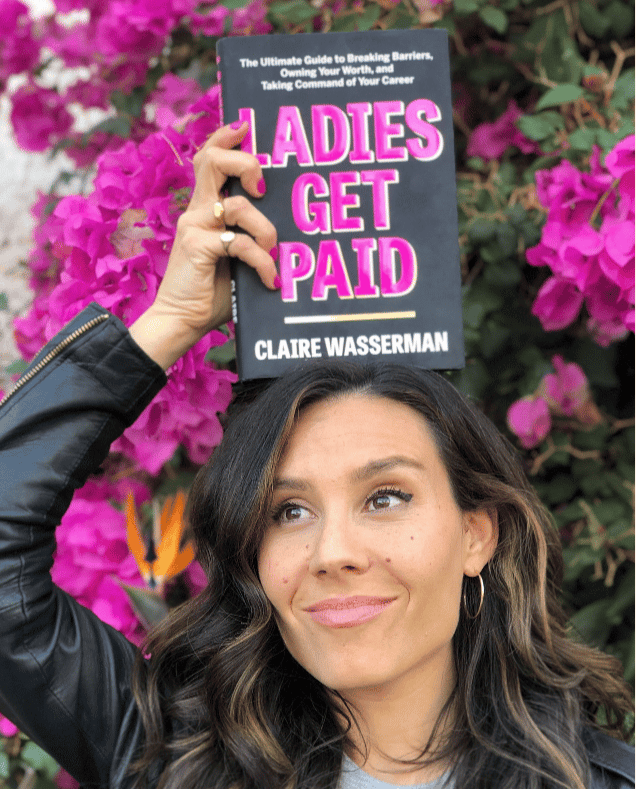This is for anyone who has ever felt shame about needing help.
I use the self checkout at the grocery store so I can avoid the checkout person. I don’t want them to see that I’m using food stamps.
Five years ago, I was at the pinnacle of my career. I’d landed a mid six-figure book deal and thought I’d finally proved that I could do good work and make good money.
Then, what took years to build was gone in two: the pandemic decimated my business and my son was born with severe heart defects. Multiple open-heart surgeries. A year of hospitals.
My wife and I went from workers to full-time caretakers, and in the process, we lost everything. It depleted our savings, plunged us into debt and with his twin sister at home, my wife and I went from entrepreneurs to caretakers and in the process, lost it all.
We became the statistics I used to read about.
Here’s the complicated truth : I feel ashamed but I also…don’t.
There’s a voice inside me that says: This could happen to anyone—a medical crisis, a pandemic, bad timing.
Another voice counters: You should’ve had a better safety net. Been less risky. More disciplined.
And a third voice says: You paid taxes for years. This is exactly what the system is for. You believe government should care for its citizens—and that includes you.
All three voices are true. All three are me. And they’re at war in the 60 seconds it takes to scan my EBT card.
I wonder what the checkout person thinks when they see that card. Do they notice the Cartier watch on my wrist (it was a gift) and think I’m abusing the system? That I’m irresponsible with money?
Here’s what confuses me though: I don’t feel shame about the free occupational therapy, physical therapy, and speech therapy my son receives. So why do I feel shame about free food—the most basic human need?
The Origin Story
Whenever shame shows up in my internal dialogue, I’ve learned to ask: Where did this story start? Who told it to me first?
Mine goes back to childhood. Sitting with my grandfather, watching news coverage of “welfare queens” in the ’90s. I can still hear him muttering: “You need to pull yourself up by your bootstraps.”
Even as a kid, I knew something was incomplete about that. What if you don’t have bootstraps? What do you pull yourself up by then?
But the message took root anyway. Not having a financial safety net feels like moral failure. Like I’m letting society down by making others pay for me. Like I’m letting my grandfather down.
The stories we tell ourselves about money – and about anything, really – are stories we were told in some way at some time. Naming our origin stories is the first step in healing your relationship with money (or any disempowering story we tell ourselves.)
What’s Your Story?
You might not be on food stamps, but you probably have a money story running in the background of your life. One that shapes your decisions, triggers your shame, and whispers judgments you’d never say out loud.
Maybe it’s credit card debt you’re hiding. A salary you’re embarrassed to admit. Family money you feel guilty about. A failed business. A degree you couldn’t finish. A retirement account that’s frighteningly empty.
Whatever it is, there’s probably shame wound around it. And underneath that shame is someone else’s voice—a parent, a partner, a cultural message—telling you what it means about who you are.
Your Turn
Step one: Write down the harshest thing you believe about yourself and money. The thought that shows up at 3am or when you’re swiping your card. Don’t edit it—just write it. “I’m irresponsible.” “I’m failing.” “People like me don’t deserve…” Whatever it is.
Step two: Ask yourself: When did I first feel this way? Not about money necessarily, but about being “less than” or “not enough.” Was there a specific moment? A person? A cultural message that lodged itself in your nervous system?
Step three: Notice if that voice sounds like someone. Your mom? Your dad? A teacher? A pastor? The culture you grew up in? You’re not blaming them—just recognizing that this story had an author, and it wasn’t you.
Step four: Write one sentence that’s more true. Not aspirational or fake-positive. Just more honest. Mine is: “My worth isn’t determined by my tax bracket, and needing help doesn’t mean I’ve failed.” Yours will be different. It might feel small. That’s fine. Small and true is better than big and hollow.
What I’m Learning at the Checkout
I still use self-checkout most of the time. I’m not suddenly healed or enlightened. But some days, I use the regular lane. And when I do, I’m practicing something radical: letting myself be seen as I actually am. Not as I wish I were. Not as I used to be.
As I am right now—someone who needs help and is receiving it.
The shame hasn’t disappeared. But it’s loosening its grip. Because I’m starting to separate my grandfather’s voice from my own. His story from mine. His fears about worthiness from my actual worth.
aming where your money story comes from doesn’t fix everything. But it’s the first step toward freedom. Toward making financial decisions from clarity instead of shame. Toward building a life that’s yours, not an inheritance of someone else’s fears.
What’s one money story you’re ready to name out loud? Just name it. See what happens when you stop carrying it in silence.
You can hit reply. I read everything. And I promise—whatever your story is, you’re not alone in it.
Now go get paid.
x Claire
PS Loved this email? Share it with someone who could benefit 🤗
PPS Need guidane? Book me for a 30 minute coaching session!
|
|
|
Looking for a job?
Dreaming of a new career?
Preparing to negotiate?
Seeking guidance?
|

